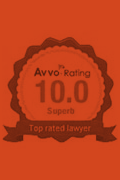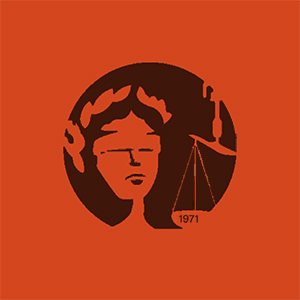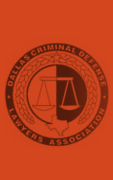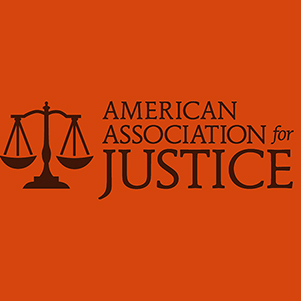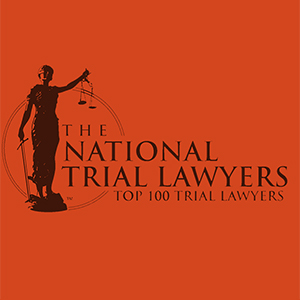Every parent fears the call in the middle of the night: the police station telling you your child has been arrested. Or the half-defiant, half-apologetic request to come down and bail them out. “I’m really sorry, but….” After the anger and tears have subsided, you may wonder what this will mean, especially if your child was arrested for marijuana or drug paraphernalia possession.
Juvenile Possession Is the Same as Adult Possession
There is no “just a kid” exception for drug possession. If your child is arrested at school or on the bus with marijuana in their backpack or locker, they are subject to the same laws regarding possession of a controlled substance as an adult.
 Possession of a small amount of marijuana, less than two ounces, is a Class B misdemeanor. Over four ounces and possession becomes a felony, punishable by up to two years in prison. Paraphernalia charges, that is, being in possession of items used to smoke or ingest marijuana, are separate charges, and minors can be charged simply for having vape pens or pipes that are believed to be used for smoking marijuana or THC oil.
Possession of a small amount of marijuana, less than two ounces, is a Class B misdemeanor. Over four ounces and possession becomes a felony, punishable by up to two years in prison. Paraphernalia charges, that is, being in possession of items used to smoke or ingest marijuana, are separate charges, and minors can be charged simply for having vape pens or pipes that are believed to be used for smoking marijuana or THC oil.
Because narcotics penalties are assessed by weight, the heavier the substance used to ingest the marijuana, the higher the potential penalty. A baggie of marijuana may weigh an ounce, but that same ounce of marijuana baked into edibles could push the weight into a serious felony charge. The prosecutor does not determine how much of the edible consisted of THC or marijuana. They will simply weigh the entire thing and charge accordingly.
What Penalties Is My Child Facing?
Even before your child goes to trial, being arrested on a marijuana charge could lead to some serious consequences. Your child will lose their driver’s license for at least six months, possibly longer. Depending on their school, they could lose school privileges, such as athletic team memberships, and possibly be facing suspension or expulsion.
If this is your child’s first offense, and the crime is only a misdemeanor, you could be lucky. The courts prefer to give a juvenile first offender a chance to correct their mistake rather than send them to jail. Some likely alternatives will be:
- Drug rehabilitation. The court may order a specific facility or program so that the court can monitor their progress, or the child may be ordered to submit periodic reports during the treatment.
- Drug counseling. The court can order the child to therapy as well as the rehab program in an effort to assist the child with understanding what led to the use of drugs.
- Community service. Part of the process known as “diversion,” community service is part of the attempt to make the child aware of the cost of their offense to their neighborhood and community.
- Probation. The juvenile probation program is not always available but may be effective for some young offenders. It requires the child to report to a probation officer just like an adult would and curtails their freedom in the same way.
For repeat offenders, cases where a violent offense occurred in connection with the drug possession, and juveniles who cannot meet the diversion requirements, juvenile detention may be the only other alternative. The detention may occur at a juvenile detention facility, or the child may receive home confinement or foster placement.
What Can I Do?
If your child has been arrested on a marijuana-related charge, the first thing you should do is seek legal assistance. Even while your child is being processed, they have legal rights the police and court system are required to honor, and they should have an attorney to speak for them.
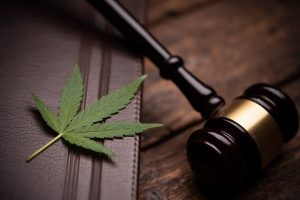 Police are allowed to question a juvenile without a parent or guardian present, even if the child asks for one, but if the child asks for an attorney, the police must stop questioning until an attorney can be provided. Police are required to question children in a juvenile processing office and not at a police station or in the back of a squad car.
Police are allowed to question a juvenile without a parent or guardian present, even if the child asks for one, but if the child asks for an attorney, the police must stop questioning until an attorney can be provided. Police are required to question children in a juvenile processing office and not at a police station or in the back of a squad car.
If you need legal assistance for your child’s arrest, or if you are unsure of how to proceed in your child’s case, contact the Dallas drug offenses lawyers of the Law Offices of Mark T. Lassiter right away. We understand that this is a frightening time for you and your child, and you want what is best for your child. Our attorneys will make sure that your child’s rights are protected and that no mistakes were made in handling the case.
Contact the Law Offices of Mark T. Lassiter at (214) 845-7007 no matter when your child was arrested, even if your case has already gone to court. We will be glad to review your case and provide our opinion of your situation today.

